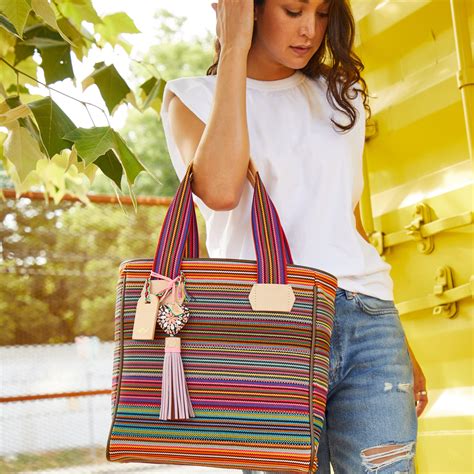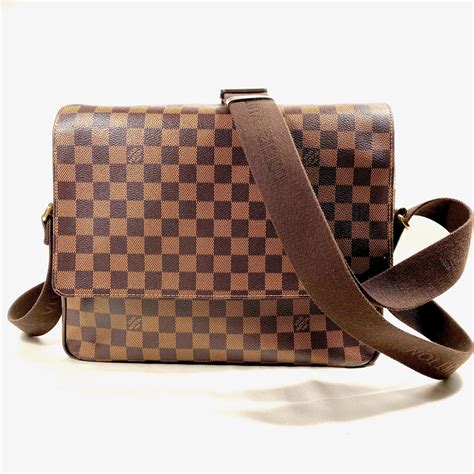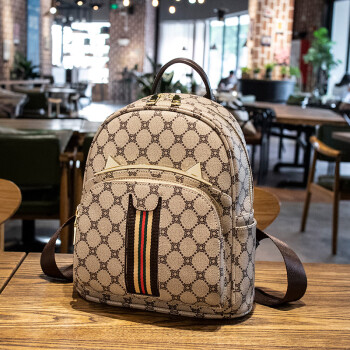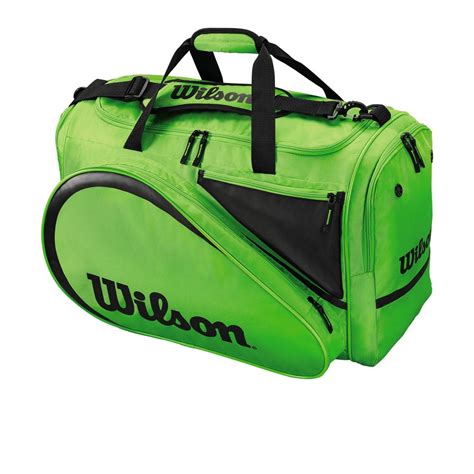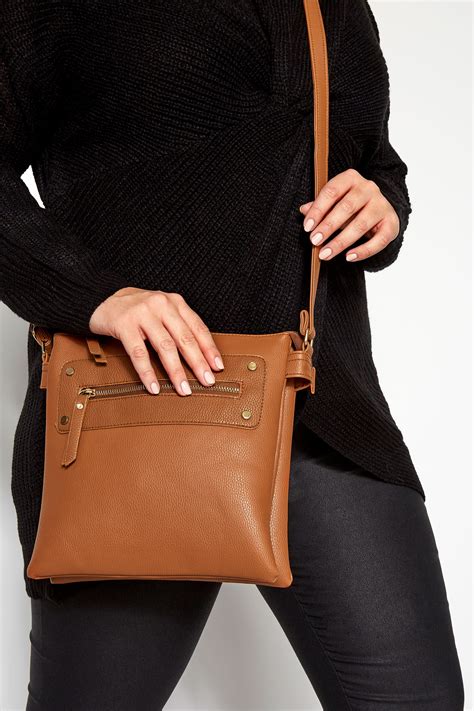chanel proprietario | Chanel clothing company
$181.00
In stock
Chanel. The name conjures images of timeless elegance, iconic tweed suits, the seductive allure of Chanel No. 5, and a legacy that spans generations. While the brand is synonymous with Coco Chanel herself, the enduring success and independence of this luxury powerhouse owe as much to another name: Wertheimer. Unlike many of its competitors swallowed up by fashion conglomerates like LVMH and Kering, Chanel remains a privately held company, meticulously guided by the Wertheimer family for nearly a century. This article delves into the fascinating story of the Wertheimer family, their stewardship of Chanel, and the intricate web of the Maison Chanel, exploring its diverse facets from fashion design and perfume creation to its global presence and enduring appeal.
The Wertheimer Ascent: From Textiles to Perfume to Haute Couture
The story begins not with Coco Chanel, but with Pierre Wertheimer, a French businessman who ran the Bourjois cosmetics company, a well-established fragrance and cosmetics firm. In 1924, Wertheimer and Chanel entered into a pivotal agreement that would shape the future of both their legacies. Chanel, a burgeoning couturier with a revolutionary vision, needed capital to expand her perfume business, particularly Chanel No. 5, which had already achieved remarkable success.
The Société des Parfums Chanel was formed, with Wertheimer holding 70% ownership, Chanel 10%, and Chanel's friend, Théophile Bader, the founder of the Galeries Lafayette department store, owning the remaining 20%. Wertheimer took control of the production, marketing, and distribution of Chanel perfumes, allowing Chanel to focus on her fashion design. While this partnership proved initially beneficial, it sowed the seeds of conflict that would plague their relationship for decades.
Chanel felt shortchanged by the deal, believing she deserved a larger share of the profits generated by her name and creations, particularly Chanel No. 5. The perfume’s phenomenal success amplified her resentment. During World War II, the situation became even more complex. Chanel, known for her anti-Semitic sentiments, attempted to use Nazi laws to seize complete control of Parfums Chanel from the Wertheimers, who were Jewish and had fled France. However, Pierre Wertheimer, anticipating the potential danger, had cleverly transferred his business ownership to a non-Jewish associate, Felix Amiot.chanel proprietario
After the war, the Wertheimers returned and reclaimed their ownership. Chanel, facing accusations of collaboration with the Nazis, feared for her reputation and future. In a remarkable turn of events, Pierre Wertheimer secretly renegotiated the agreement with Chanel, offering her a substantial sum of money and a guaranteed income for life in exchange for relinquishing her claims to Parfums Chanel. She also received a percentage of the profits from all Chanel products. This arrangement, though controversial given the historical context, secured Chanel's financial future and allowed the Wertheimers to solidify their control over the burgeoning Chanel empire.
Alain and Gérard Wertheimer: Guiding Chanel into the 21st Century
Pierre Wertheimer's grandson, Alain Wertheimer, took over the reins of Chanel in 1974. Under his leadership, the brand underwent a significant transformation and modernization. Alain Wertheimer recognized the need to revitalize the brand's image and reposition it for a new generation of consumers. He brought in Jacques Helleu as artistic director, who played a crucial role in shaping Chanel's marketing and advertising campaigns, solidifying its image of timeless elegance and sophistication.
One of Alain Wertheimer's most strategic decisions was to focus on controlling the distribution of Chanel products. He significantly reduced the number of retail outlets carrying Chanel, opting instead to focus on high-end department stores and Chanel boutiques. This strategy ensured that the brand maintained its exclusivity and premium image. He also invested heavily in Chanel's manufacturing infrastructure, ensuring the highest quality standards for all products, from haute couture garments to perfumes.
Alain's brother, Gérard Wertheimer, focuses primarily on the family's other business interests, including horse breeding and winemaking. However, the brothers work closely together to ensure the continued success and stability of the Chanel empire.
Chanel Today: A Global Luxury Powerhouse
Today, Chanel is a global luxury powerhouse, renowned for its exquisite haute couture, ready-to-wear collections, iconic handbags, luxurious cosmetics, and, of course, its signature perfumes. The brand operates hundreds of boutiques worldwide, and its products are sold in select high-end department stores.
Under the Wertheimer's stewardship, Chanel has successfully navigated the ever-changing landscape of the fashion industry. The brand has embraced digital technology and e-commerce while remaining true to its core values of craftsmanship, quality, and timeless elegance. Chanel's commitment to innovation is evident in its continuous introduction of new products and its collaborations with leading artists and designers.
Additional information
| Dimensions | 5.9 × 3.1 × 3.5 in |
|---|

